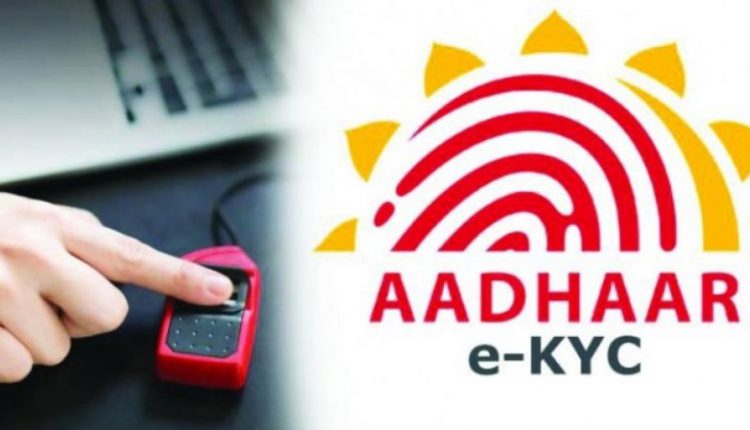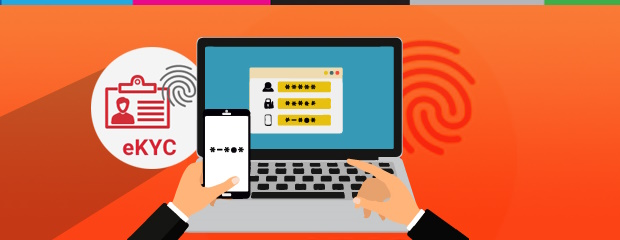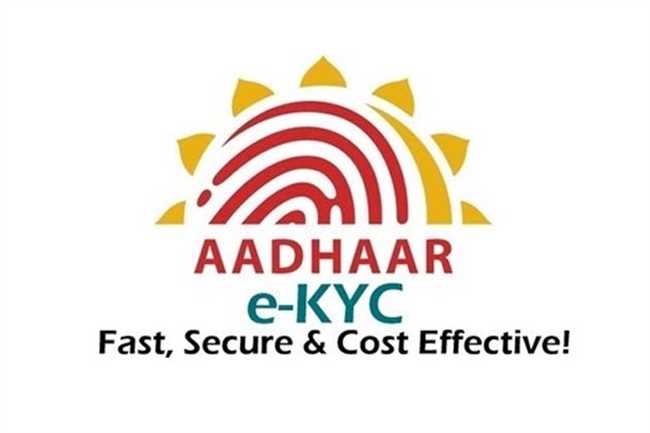Meta Description: How Sub KUA based Aadhaar eKYC is providing a level playing field to small and medium scale NBFCs to compete with larger players in providing better customer on boarding and shorter loan dispersal time
Aadhaar eKYC has been a game-changer for non-banking financial companies (NBFCs). The 12-digit unique identification number issued by the Indian government to all citizens of India, Aadhaar has revolutionized the way NBFCs have been doing business since its implementation.
The use of Aadhaar eKYC has enabled NBFCs to quickly and securely verify the identity of their customers as well as process their loan applications. This has helped NBFCs to reduce the time taken to process a loan application, which in turn, has enabled them to serve more customers in a shorter period of time. Additionally, it has helped to reduce the paperwork involved in the loan application process. This has resulted in the reduction of costs associated with document collection and verification, which has allowed NBFCs to pass the savings on to their customers.
Aadhaar eKYC has also enabled NBFCs to build trust with their customers. NBFCs are able to quickly and securely verify the identity of their customers and thus, reduce the risk of fraud and money laundering. This has enabled NBFCs to build trust with their customers, which in turn, has helped to increase their customer base.
Finally, Aadhaar eKYC increases the operational efficiency of the NBFC. NBFCs are able to quickly and securely verify the identity of their customers. This reduces the risk of fraud and money laundering, which helps to reduce the cost of operations. Additionally, NBFCs are able to reduce the time taken to process a loan application, which in turn, has enabled them to serve more customers in a shorter period of time.
With Sub KUA registration, small and medium scale NBFCs and Co-Operative Banks can now take advantage of the benefits of Aadhaar eKYC and on board customers with less paper work. Sub KUA registrations fees are less than 10% of KUA registration fee making it a viable option for small and medium scale NBFCs. Thus it provides a level playing field for smaller players to compete with bigger rivals in providing faster customer on boarding and shorter loan dispersal times.
In conclusion, Aadhaar eKYC has revolutionized the way NBFCs have been doing business since its implementation. It has enabled NBFCs to quickly and securely verify the identity of their customers, reduce the time taken to process a loan application, access a larger pool of potential customers, and increase their efficiency. NBFCs are able to build trust with their customers and reduce the cost of operations, which has allowed them to pass the savings on to their customers.
For more information contact us.
KYC, Authentication, etc. If you want to know how your enterprise can start using it, please give us a call @ 0484 2388285 or email us at info@finahub.com




